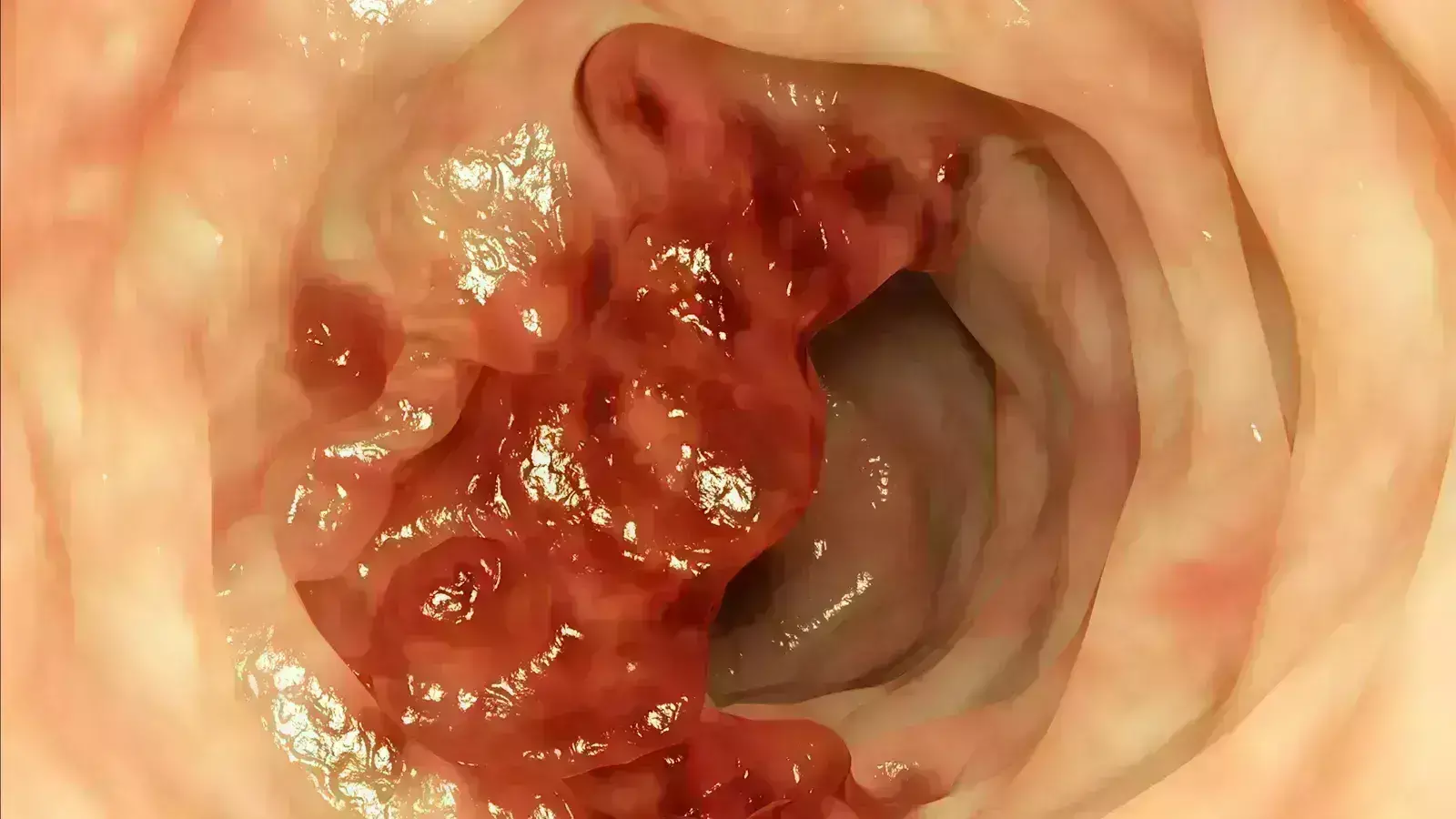- Home
- Medical news & Guidelines
- Anesthesiology
- Cardiology and CTVS
- Critical Care
- Dentistry
- Dermatology
- Diabetes and Endocrinology
- ENT
- Gastroenterology
- Medicine
- Nephrology
- Neurology
- Obstretics-Gynaecology
- Oncology
- Ophthalmology
- Orthopaedics
- Pediatrics-Neonatology
- Psychiatry
- Pulmonology
- Radiology
- Surgery
- Urology
- Laboratory Medicine
- Diet
- Nursing
- Paramedical
- Physiotherapy
- Health news
- Fact Check
- Bone Health Fact Check
- Brain Health Fact Check
- Cancer Related Fact Check
- Child Care Fact Check
- Dental and oral health fact check
- Diabetes and metabolic health fact check
- Diet and Nutrition Fact Check
- Eye and ENT Care Fact Check
- Fitness fact check
- Gut health fact check
- Heart health fact check
- Kidney health fact check
- Medical education fact check
- Men's health fact check
- Respiratory fact check
- Skin and hair care fact check
- Vaccine and Immunization fact check
- Women's health fact check
- AYUSH
- State News
- Andaman and Nicobar Islands
- Andhra Pradesh
- Arunachal Pradesh
- Assam
- Bihar
- Chandigarh
- Chattisgarh
- Dadra and Nagar Haveli
- Daman and Diu
- Delhi
- Goa
- Gujarat
- Haryana
- Himachal Pradesh
- Jammu & Kashmir
- Jharkhand
- Karnataka
- Kerala
- Ladakh
- Lakshadweep
- Madhya Pradesh
- Maharashtra
- Manipur
- Meghalaya
- Mizoram
- Nagaland
- Odisha
- Puducherry
- Punjab
- Rajasthan
- Sikkim
- Tamil Nadu
- Telangana
- Tripura
- Uttar Pradesh
- Uttrakhand
- West Bengal
- Medical Education
- Industry
Preoperative prognostic nutritional index and D-dimer score combo predicts outcome in colorectal cancer

Preoperative prognostic nutritional index and D-dimer score together predict outcome in colorectal cancer and it is a useful prognostic indicator for CRC patients after curative surgery. Further PDS 0 patients have inferior survival.
The study has been published in the BMC Surgery.
The prognostic nutritional index (PNI) and D-dimer (DD) levels represent useful prognostic indicators in colorectal cancer (CRC); however, a combination of these indicators, namely, the PNI and DD score (PDS) was less addressed.
A retrospective study with 183 patients after curative surgery was conducted. Patients were divided into 3 subgroups: PDS 0, decreased PNI and increased DD levels; PDS 1, decreased or increased PNI and DD levels; PDS 2, increased PNI and decreased DD levels. The differences in disease-free survival (DFS) and overall survival (OS) were compared among these subgroups, and risk factors for outcome were determined.
Results
• A total of 56, 65 and 62 patients were assigned to the PDS 0, 1 and 2 subgroups, respectively. PDS was significant in predicting both the DFS and OS.
• PDS 0 patients were more likely to be associated with old age, laparotomy, elevated CEA, T3 + T4 and advanced TNM stage.
• PDS 0 patients had significantly inferior DFS and OS than PDS 1 or 2 patients.
• PDS was identified as an independent risk factor for both DFS and OS.
The PDS is a useful prognostic indicator for CRC patients after curative surgery, and PDS 0 patients have inferior survival. Additional future studies are needed to validate these findings.
Reference:
Zhu, S., Yin, J., Ye, Q. et al. Combined preoperative prognostic nutritional index and D-dimer score predicts outcome in colorectal cancer. BMC Surg 23, 30 (2023). https://doi.org/10.1186/s12893-023-01925-8
Dr. Shravani Dali has completed her BDS from Pravara institute of medical sciences, loni. Following which she extensively worked in the healthcare sector for 2+ years. She has been actively involved in writing blogs in field of health and wellness. Currently she is pursuing her Masters of public health-health administration from Tata institute of social sciences. She can be contacted at editorial@medicaldialogues.in.
Dr Kamal Kant Kohli-MBBS, DTCD- a chest specialist with more than 30 years of practice and a flair for writing clinical articles, Dr Kamal Kant Kohli joined Medical Dialogues as a Chief Editor of Medical News. Besides writing articles, as an editor, he proofreads and verifies all the medical content published on Medical Dialogues including those coming from journals, studies,medical conferences,guidelines etc. Email: drkohli@medicaldialogues.in. Contact no. 011-43720751


